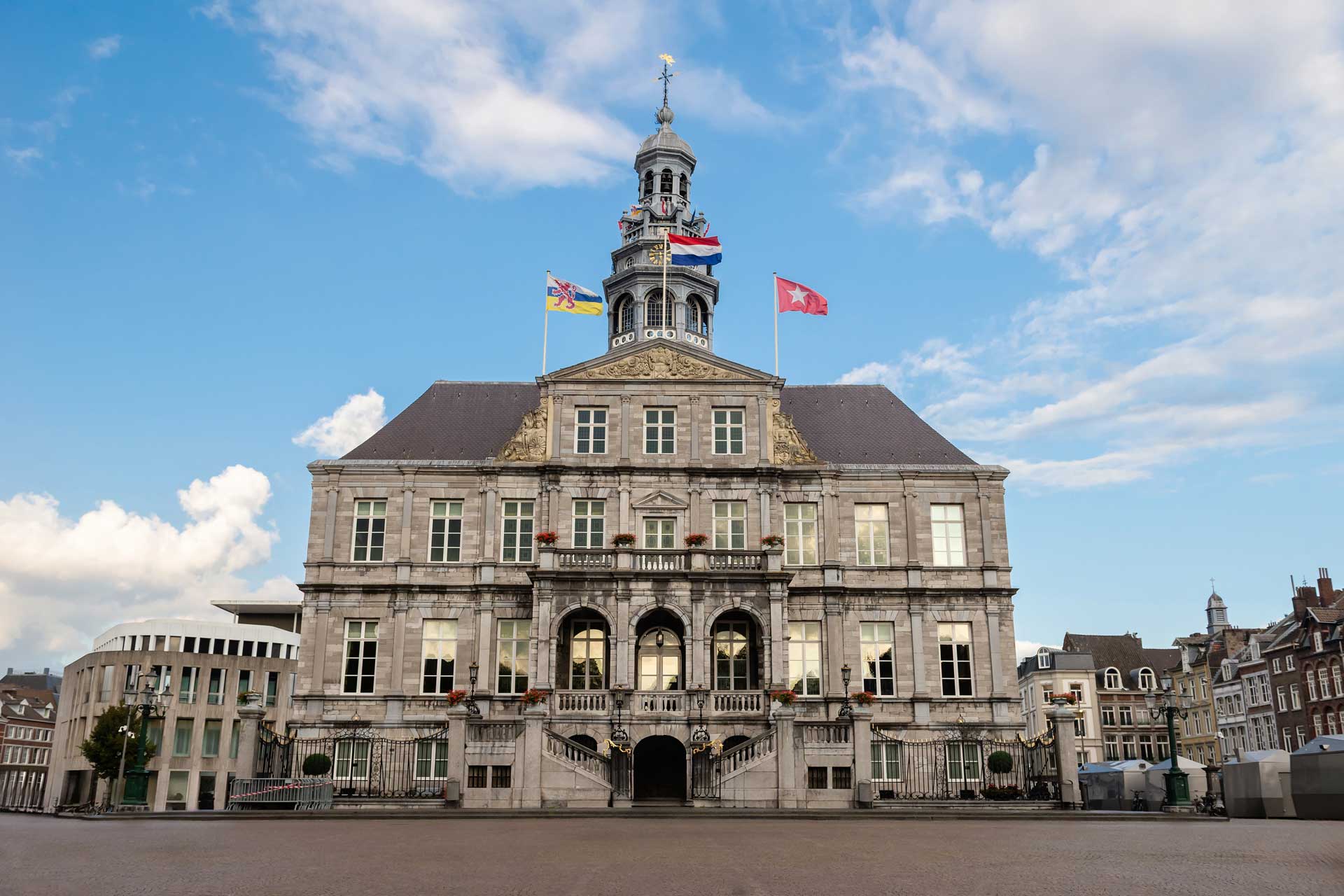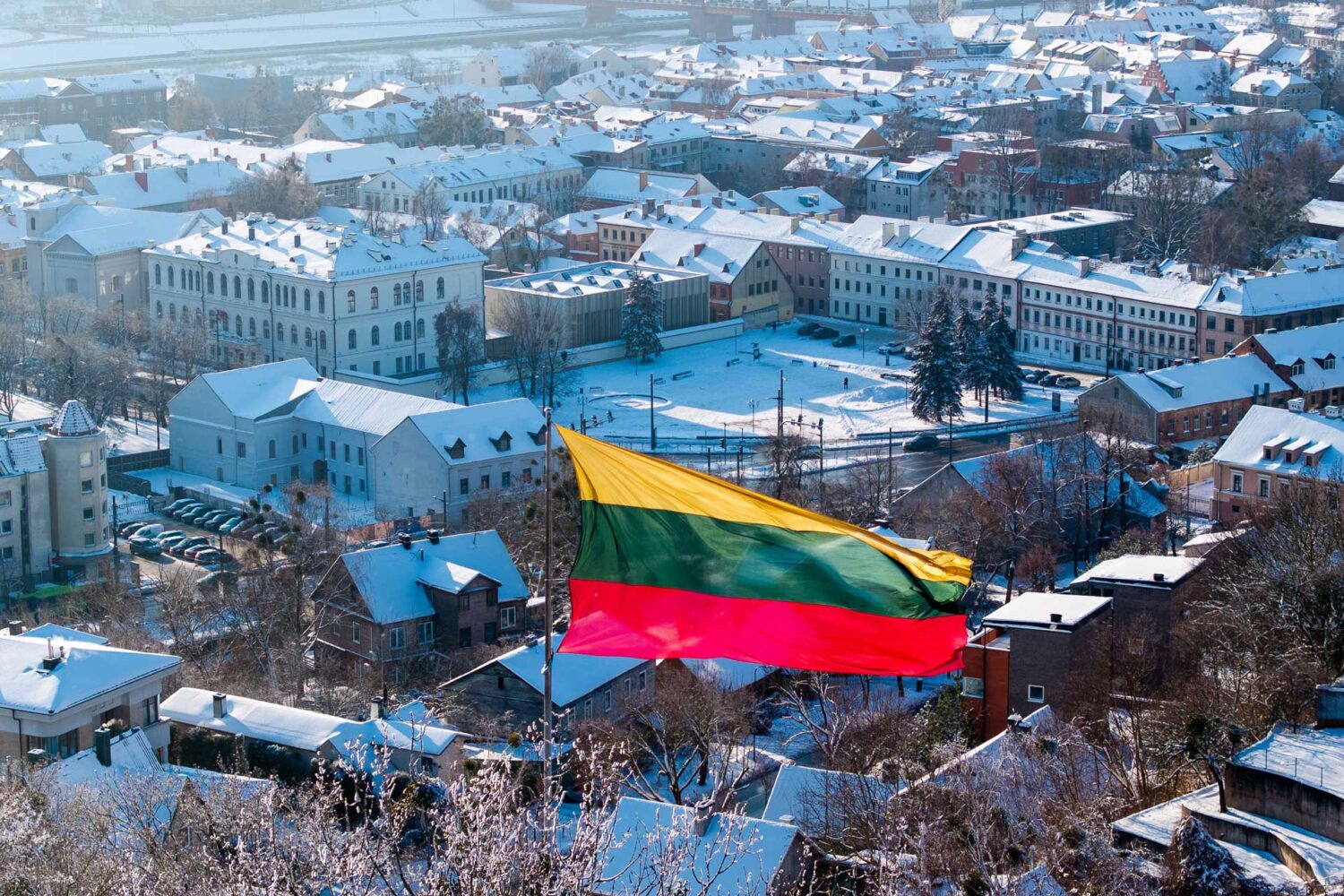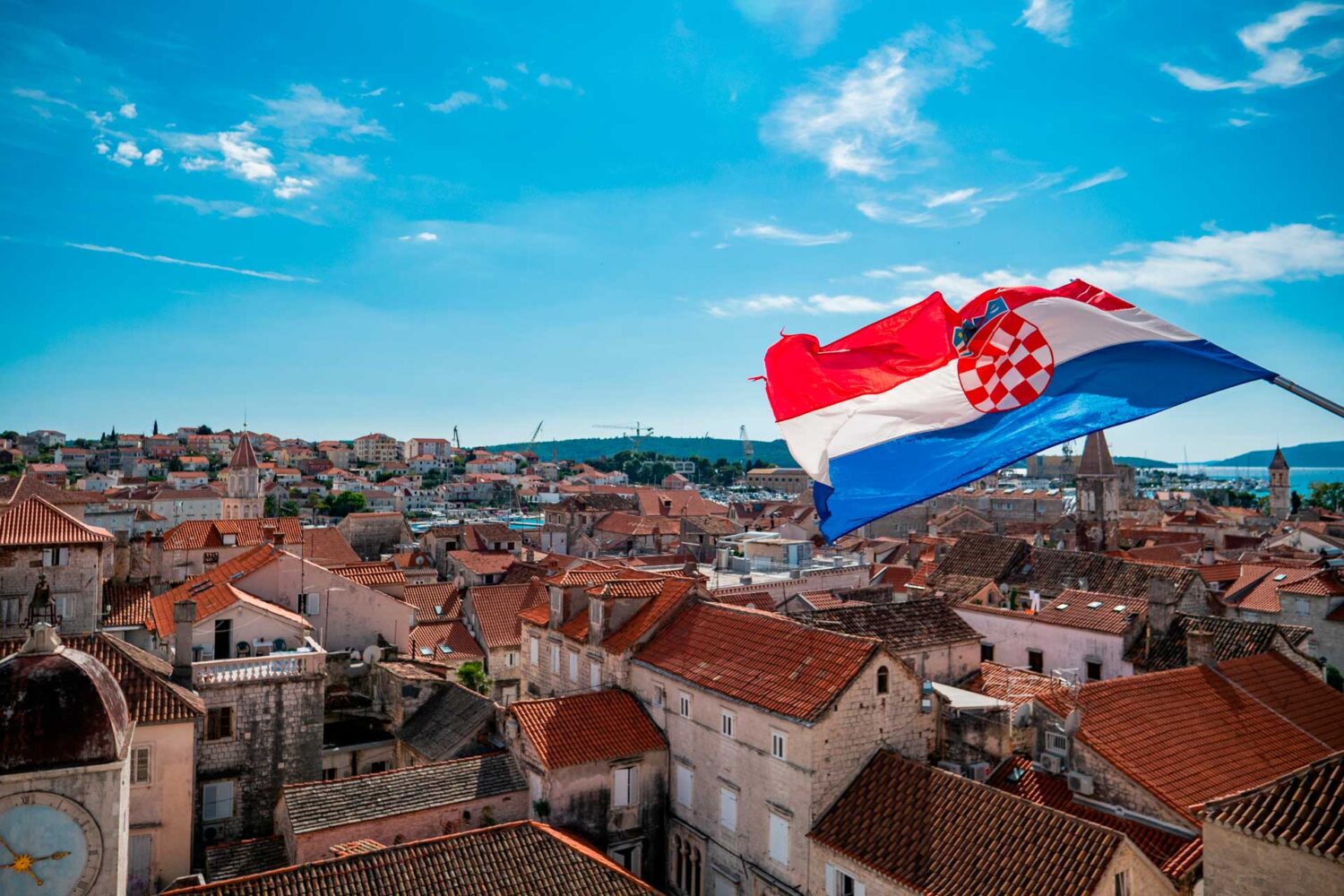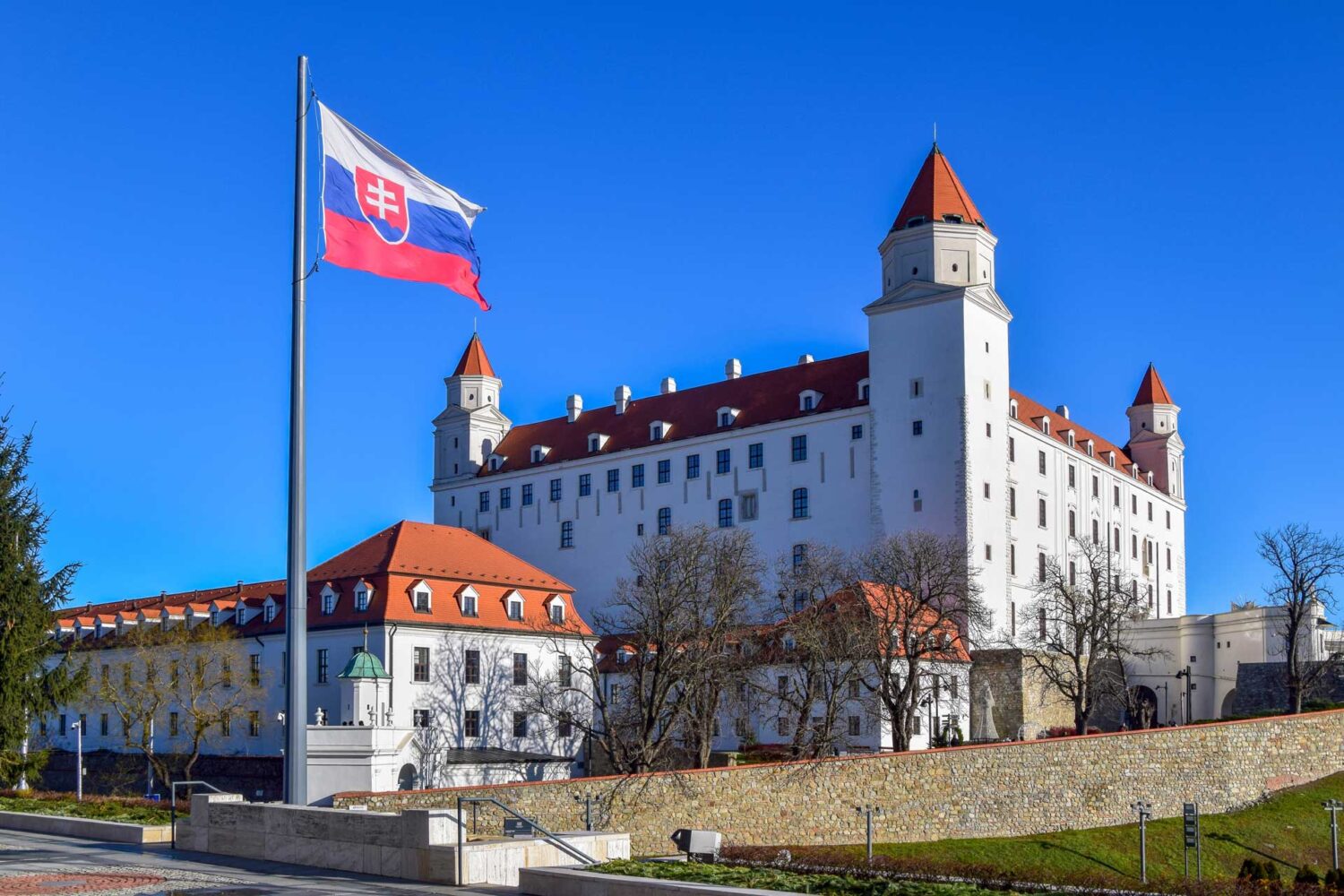Dutch citizenship is an official status that gives a person the rights and obligations of a citizen of the Kingdom of the Netherlands and the European Union. The Dutch passport is among the most powerful passports in the world. The holder of such a passport can travel almost all over the world (about 190 countries) without visas and can freely live and work in any EU country. It is not surprising that more and more immigrants are interested in how to get citizenship of the Netherlands. In this article we will discuss in detail the ways of obtaining Dutch citizenship, requirements for applicants, terms, costs, and the nuances of dual citizenship. You will receive step-by-step instructions on naturalization and answers to common questions.
Tip! The path to an EU passport is not easy. We recommend starting with a consultation with a migration lawyer to assess your grounds and choose the best program for obtaining citizenship.
Benefits of Dutch citizenship
Dutch citizenship opens up a wide range of rights and opportunities for immigrants. Here are the main advantages of a Dutch passport:
- Freedom of movement.
A Dutch passport allows you to freely visit all Schengen countries and travel visa-free almost all over the world. According to the Henley 2025 index, the Netherlands ranks 4th: visa-free travel is possible to 191 countries. This includes the EU, the UK, the USA, Canada, Australia and many other countries. - The right to live and work in the EU.
Dutch citizens are automatically EU citizens. This means that you can legally live, work, start a business and receive education in any EU country without additional permits. For example, with a Dutch passport, you can work in France or study in Italy without visas or lengthy procedures. - Social and political rights.
Dutch citizenship gives access to quality medicine and education in the Netherlands itself and throughout the EU. Citizens can also participate in elections (vote and run for office) at the national and European level. They have access to government jobs and military service that are closed to foreigners. - High quality of life.
The Netherlands is one of the five happiest and safest countries in the world. Citizenship of this country means stability, high income and social security. Unemployment here is one of the lowest in Europe (~3-4%), and life expectancy is about 82 years old. - Citizenship for children.
Children born to Dutch citizens also receive EU citizenship. This provides them with all the above benefits from birth, including the right to live and study anywhere in the EU.
Thus, a Dutch passport gives you the opportunity to realize yourself and feel secure both in your home country and abroad. It is not surprising that many immigrants consider obtaining a second citizenship in the Netherlands.
Find out how to obtain citizenship faster
How to become a Dutch citizen
There are different grounds for acquiring Dutch citizenship. Let us consider the main ways for foreigners to obtain a Dutch passport:
- By descent (birth). Citizenship is transmitted “by blood” – a child automatically becomes a Dutch citizen if at least one of the parents has Dutch citizenship at the time of birth. It does not matter whether the child is born in the Netherlands or abroad. Also, a child adopted by a Dutch citizen, as a rule, receives citizenship (if the adoption is finalized before the age of 18 and meets the requirements of the law). However, the mere fact of being born in the Netherlands to foreign parents does not automatically confer citizenship. Only rare cases are exceptions: for example, children of unknown parents found on the territory of the kingdom are granted citizenship in order not to remain stateless.
- Optation (simplified recognition). An optation is a simplified citizenship procedure available to certain categories of applicants. It is suitable, for example, for those who were born and raised in the Netherlands but were not entitled to citizenship at birth, or for those who have lost Dutch citizenship in the past and want to regain it. The optation does not require long-term residence – it is enough to meet one of the conditions stipulated in the law (for example, being stateless, born in the Netherlands, living here for 3 years; or being a foreigner over 65 years of age who has legally lived in the country for 15 years; etc.). The optation application is filed at the municipality and is processed faster (up to ~3 months). Usually, you do not need to take an integration exam or renounce your citizenship (which makes it attractive, although it is not available to everyone).
- Naturalization (through residence). Naturalization is the main route for most immigrants. A foreign citizen can obtain Dutch citizenship by naturalization after several years of legal residence in the country if a number of conditions are met. The standard period of residence is 5 years of continuous residence with a residence permit. There are favorable conditions: 3 years of residence is enough if the applicant is in a formal marriage or partnership with a Dutch citizen (and lives together). There may also be a reduced period for refugees and some other categories (for example 3 years for an adopted foreign child of a Dutch citizen). Once the residency requirement and other requirements have been met, you can apply for naturalization.
- Through marriage to a Dutch citizen. Marriage alone does not grant automatic citizenship, but it makes naturalization much easier and faster. How do I obtain citizenship through marriage? It is necessary to be officially married or in a registered partnership with a Dutch citizen and live together for at least 3 years. It is not necessary to live in the Netherlands for all three years, but at the time of application the foreign spouse must have a valid residence permit in the Netherlands and actually reside here, not in the country of his or her original citizenship. Once these conditions are met, the foreign spouse can apply for citizenship under the same conditions as for naturalization (examination, oath, etc.), but earlier than usual.
- Through investment (citizenship for investment). It is not possible to buy Dutch citizenship directly – there is no passport-for-investment program. However, there is a “golden visa”: Residence Permit for Foreign Investors. It is issued when investing at least €1.25 million in the economy of the country (for example, in a Dutch company or fund). Investor’s residence permit is usually issued for 3 years with the right to extend it. After 5 years of living in the Netherlands with such a residence permit, the investor has the right to naturalize on general grounds. That is, the investment gives accelerated entry and residence, but does not exempt from the standard requirements for citizenship.
- Other grounds. In some cases, citizenship may be granted for special merit (very rarely and by decision of the king). In addition, children under the age of 18 may receive citizenship together with their parents (with “co-naturalization” in the parents’ application).
As can be seen, one can obtain a Dutch passport either by birthright/adoption or by fulfilling the conditions of long-term residence and integration. For most adult immigrants, the realistic path is residence permit, a few years of living in the country and then naturalization. Below we will look at the process of obtaining citizenship and the requirements for applicants.
Find out details about applying for an EU passport at a free consultation
Fill out the simple form and an immigration lawyer will contact you shortly
Procedure for obtaining citizenship (step-by-step)
The naturalization process in the Netherlands consists of several steps. How to apply for Dutch citizenship for a foreigner – step-by-step guide:
- Obtaining a residence permit.
The first step is to legally immigrate and reside in the country. It is necessary to have a valid Dutch residence permit or permanent residence permit for a continuous period of residence. The ways to obtain a residence permit can be different: contract work, starting a business, studying at a university, family reunification or an investment program. A residence permit is usually issued for 5 years (for investors – for 3 years). It is important that the purpose of stay is long-term: temporary stays (study, medical treatment) do not count towards citizenship. The immigrant should stay for the established period without interruption, renewing the residence permit annually. - Integration and passing the exam.
The Netherlands requires future citizens to integrate into society. The main requirement is knowledge of the language and basic knowledge of life in the country. The applicant must pass the integration exam (Inburgering). The exam tests the knowledge of the Dutch language at A2 level (sections: reading, writing, speaking, listening) and knowledge of the basics of culture, history and laws of the Netherlands. In some cases, alternatives are accepted, such as a diploma of completion of studies in Dutch or the NT2 exam. You can prepare for the exam on your own or at special courses. In their feedback, immigrants say that thorough preparation greatly increases the chances of passing the exam the first time. The exam results are issued after ~8 weeks, after which you can move on to the application process. (Note: children under 18, elderly people over 65, and people who have completed training at local institutions are exempt from the exam). - Filing an application for naturalization.
After gathering the necessary documents, the immigrant applies for citizenship. Where to apply? Usually, the application is filed through the municipality (local authority in the place of residence). It is necessary to fill out a form, attach a package of documents and pay the state fee. Among the documents usually required are: valid passport, residence permit, birth certificate, certificate of criminal record, certificate of passing the integration exam, marriage/divorce certificates (if available), etc. All foreign documents must be translated and apostilled. The municipality checks the package and forwards it to the IND (Immigration Service). - Payment of the fee.
A state naturalization fee is charged at the time of application. The cost in 2025 — €1091 for a single applicant. Spouses filing together pay €1393, and a minor child filing at the same time as a parent pays €161. (There are slightly reduced rates for refugees and stateless persons ~€811.) The fee is charged regardless of the outcome of the processing, and there is no refund if the application is rejected. Payment is usually made immediately upon filing (at the municipality’s cashier’s office or through the IND online system). - Waiting for a decision.
Once submitted, the citizenship application process begins. How long to wait? The law provides for a period of up to 12 months for a decision on naturalization. As a rule, the answer comes in 6-12 months. In difficult cases, the IND can extend the period for another 6-12 months, but this is rare. The decision is made by royal decree: a positive one means that you are conditionally accepted for citizenship. According to feedback from new citizens, waiting for the decision is the most exciting part of the process. While the decision is being considered, it is important to maintain a valid residence permit and not to violate the law (for example, not to leave the country for more than the allowed periods of time). - Oath ceremony (naturalization).
After the application is approved, the municipality invites the applicant to the naturalization ceremony. This is a solemn and obligatory event, the final step towards citizenship. At the ceremony, one must make a “declaration of solidarity” – an oath of allegiance to the Netherlands and a promise to abide by the laws of the kingdom. Only after taking the oath does a person officially become a Dutch citizen. Missing the ceremony without a valid reason may result in the decision being annulled, so attendance is mandatory. - Receiving the passport and citizenship documents.
After the ceremony, the new citizen can apply for a Dutch passport and national identification document (ID-card). This is already a technical procedure – it is necessary to provide a photo, old residence permit for removal, pay a small fee. A Dutch passport is usually produced within a few weeks. From that moment on, you enjoy all the rights of a citizen: you can apply for a citizen’s registration number (BSN), register your right to vote, obtain an EU passport, etc.
Important: if the new citizen is required to renounce his/her former citizenship, this process usually needs to be completed after the ceremony, within a set timeframe (usually within one year). A certificate confirming the renunciation of citizenship of the original country will have to be submitted to the Dutch authorities.
Following these steps, thousands of immigrants become Dutch citizens every year. The procedure is rigorous and time-consuming, but in the end, you get one of the most valuable passports in the world. Below we take a detailed look at what the requirements are and what difficulties you may encounter.
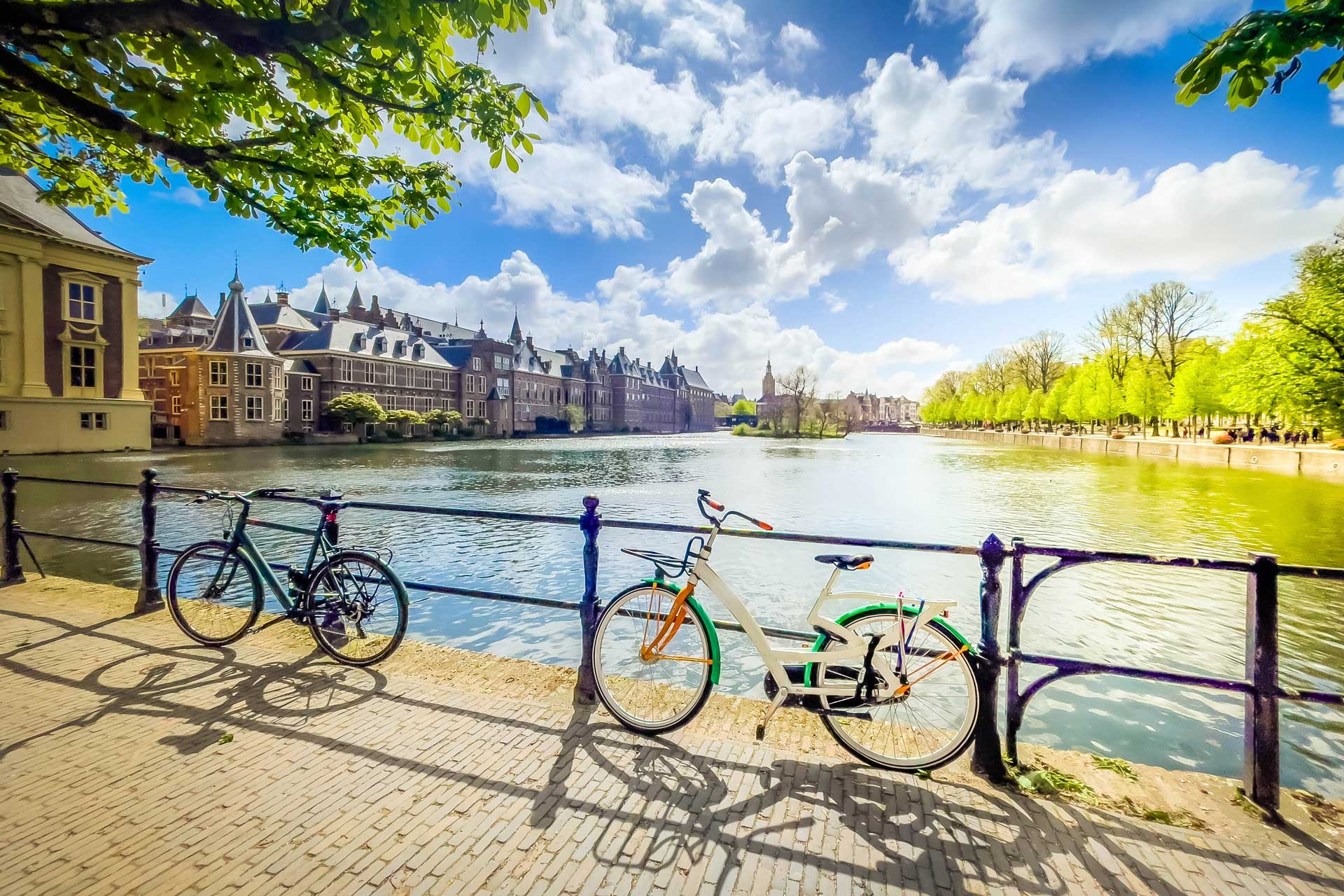
Requirements for naturalization
It is important to meet all the conditions when submitting the application, otherwise a rejection will follow. The basic requirements for obtaining Dutch citizenship by naturalization are as follows:
- Age of 18 years and above. The applicant must be of legal age. Children can be included in the application of parents, but cannot apply on their own until the age of 18 (except for emancipated married teenagers in the order of option).
- Long-term legal residence. You must have lived in the Netherlands for at least 5 years continuously and legally. The period is counted from the date of the first residence permit and must be continuous – without loss of status. Breaks in legal status “reset” the countdown. In some cases, the minimum period is reduced to 3 years, for example, for married Dutch citizens, persons with refugee status or persons born in the Kingdom (see above). At the time of application, you must have a permanent or long-term residence permit – which is an unlimited or renewable residence permit. Residence permits issued for temporary purposes (study, seasonal work, medical treatment) are not suitable – you must first change your status to “non-temporary” (work, family, business, etc.).
- No violations of the law. The applicant is required to have a clean criminal record. A person who has had serious problems with the law will not be able to naturalize. Specifically, the absence of criminal records and major administrative offenses for the last 4 years is checked. For example, fines over €450 or prison sentences are grounds for refusal. It is also necessary to pay taxes and bills on time – debts can hinder the process.
- Integration: language and cultural competence. The applicant must prove knowledge of the Dutch language at least at A2 level and the basics of society. This is usually done through an integration exam (Inburgeringsexamen). The exam includes language tests (reading, writing, speaking, listening) and the KNM test (knowledge of the country). The required level is A2 on the CEFR scale (as of 2025), but there are plans to raise it to B1 for new immigrants in the future. An alternative is a diploma of completion of education in the Netherlands or successful completion of the NT2 national language exam. Certain categories are exempted from the exam (for example, persons who have lived in the country for 8+ years before their 18th birthday, or who have certain diplomas). However, most applicants are required to take the exam and passing it is a mandatory requirement before naturalization.
- Willingness to renounce former citizenship. The Netherlands is strict on the issue of dual citizenship (more in the next section). The Dutch Nationality Act requires a naturalizing foreigner to renounce his or her original citizenship if possible. There are exceptions (see below), but in general you should be prepared to renounce your home country’s citizenship once naturalization has been approved. At the filing stage, a pledge of subsequent renunciation will need to be signed. Then (after taking the oath of office), the applicant must provide a certificate confirming that he or she has done everything necessary to renounce the former citizenship. It is not necessary to renounce in advance (before obtaining Dutch citizenship) – it is done after approval, so as not to be left without citizenship in case of renunciation.
- Other conditions. You must respect the constitutional order of the Netherlands and not pose a threat to national security (checked by the intelligence services during the process). It is also necessary to personally attend the naturalization ceremony and swear an oath of allegiance to the country – without this citizenship will not be issued. All necessary documents should be prepared in advance in the proper form (with apostille, translation). Finally, it is important to maintain your residency status until the moment of naturalization – if the residence permit becomes invalid, the consideration will be stopped.
These requirements may seem strict. However, if all the rules are carefully followed, the probability of successfully obtaining citizenship is very high. According to official data, the vast majority of applicants whose applications are accepted for consideration pass the procedure. The main thing is to be ready to prove your right to a Dutch passport through documentation and meet all the conditions of naturalization.
Check your chances of getting an EU passport through a simplified procedure
Sign up for a free consultation to learn more from the experts at Mycitizenagency as soon as possible
Terms and cost of registration
How long does it take to obtain Dutch citizenship? Immigrants should be patient. It usually takes several years from the beginning of the journey to the coveted passport:
- Residence permit: a minimum of 5 years of residence (or 3 years in the preferential category) is required to be eligible to apply for citizenship. This period is the longest stage.
- Application processing: once the application is submitted, the process takes up to 12 months. IND officially gives up to 1 year to make a decision on naturalization, with the possibility to extend it for another year in exceptional cases. However, it is usually done within the first year. The option is made faster – usually up to 3 months (also with the possibility of extension up to 6 months).
- Additional steps: preparation of documents and taking the integration exam may add several months. Also, the swearing-in ceremony is usually scheduled within 1-2 months after the application is approved. Thus, from the time of application to receiving a passport often takes about 1.5 years (including waiting for a decision and the ceremony). And the total time from arrival in the country is about 6 years (5 years of residency + 1 year of procedure).
Of course, the timeframe may vary in individual cases. Some people are lucky enough to receive a decision in six months, while others wait for more than a year. But the law guarantees that the case will not be considered for more than 2 years – otherwise citizenship is automatically granted (such situations almost never occur).
How much does it cost to become a Dutch citizen? The financial costs include:
- State fee for naturalization: €1091 for a single applicant, €1393 for a married couple, €161 for a child going with a parent. This fee is payable at the time of application and is not refundable under any circumstances (even if citizenship is refused).
- Option fee: slightly lower – in 2025 about €231 for a single applicant, €395 for a family, €26 for a minor. But few people can take advantage of the option.
- Document processing: costs for collection and legalization of documents (apostille, translations) – can range from €200 to €500+ depending on the country of origin and number of papers.
- Integration exam: registration for the exam costs about €150 for each module, totaling about €350-400 for all parts. You may need to pay for preparation courses (average €300-800, optional).
- New passport and ID card: after naturalization, you have to pay for the production of the passport (€65) and ID card (€50).
In total, the naturalization process for one person costs approximately €1500-2000 (including fees and related expenses). For a family – more, but the spouses share part of the costs. If legal support is involved, the budget will increase (services of migration lawyers are evaluated individually).
Despite the cost of time and money, obtaining Dutch citizenship attracts immigrants, because the value of a Dutch passport is very high. Many people plan their lives for several years in advance for the sake of this result.
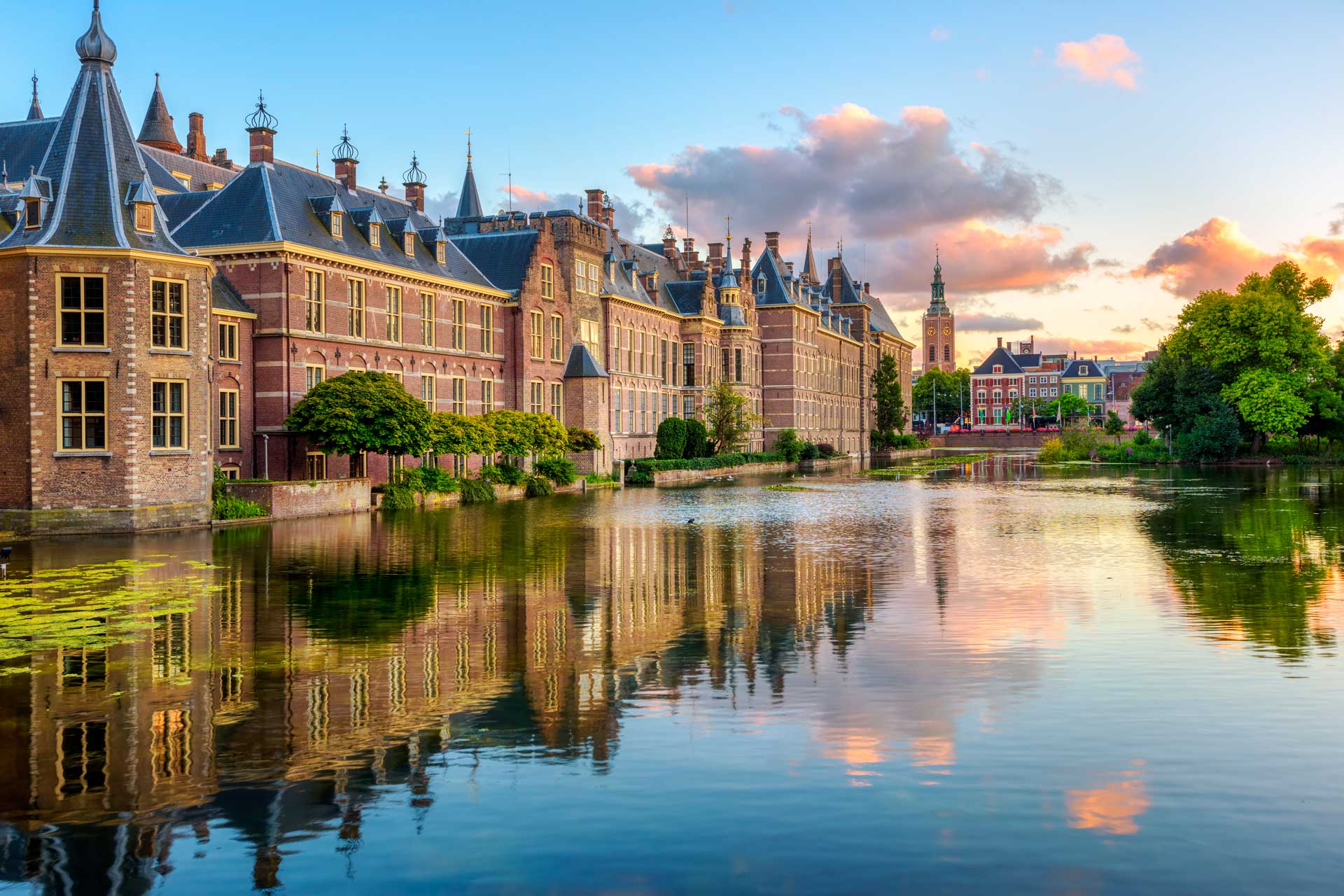
Whether you can have dual citizenship in the Netherlands?
The issue of dual citizenship is one of the most important for new immigrants. Dutch law is quite strict: the country does not encourage dual citizenship. As a general rule, a naturalizing foreigner is obliged to renounce his/her former citizenship. That is, it is difficult to obtain a second Dutch citizenship while keeping the first one.
However, there are exceptions when the law allows dual citizenship upon naturalization:
- Marriage to a Dutch citizen. If the applicant is married or in a registered partnership to a Dutch person, there is no requirement to renounce their citizenship.
- Refugee status. Persons who have been granted asylum in the Netherlands (recognized refugees) can naturalize without losing the citizenship of their country of origin. Realizing the vulnerability of refugees, the government allows them to hold two passports.
- Impossibility of renunciation. If your country’s laws do not allow you to renounce citizenship, or impose impossible conditions, the Netherlands makes an exception. For example, Iranian citizens cannot legally renounce their nationality, and Morocco does not actually accept renunciations. In such cases, a person obtains Dutch citizenship and still remains a citizen of his or her home country – forced, but it is allowed.
- Automatic loss of former citizenship. If your first citizenship is automatically lost upon naturalization in another country, then technically you are not in violation of the requirements (there is nothing to renounce). For example, citizens of China or Suriname themselves lose their citizenship when they obtain a foreign citizenship. The Netherlands takes this into account: this situation is also considered an exception.
- Other cases. Dutch law contains other narrow exceptions. For example, people over 65 years of age and persons born in the Netherlands (or its possessions) and permanently residing there are not required to surrender their second passport. There are also special provisions for some former colonies and unrecognized states – for example, if a person has a passport from Taiwan (a state unrecognized by the Netherlands), he or she is not formally required to renounce the Taiwanese document upon obtaining Dutch citizenship.
In general, dual citizenship in the Netherlands upon naturalization is now the exception rather than the rule. Most new citizens have to give up their former citizenship. Moreover, the Dutch themselves may lose their passport if they voluntarily acquire another citizenship (if there is no reason to retain it) – for example, if they go to live outside the EU and take citizenship there, they automatically lose their Dutch citizenship after a while.
However, there have been recent discussions about changing this policy. In 2023, a bill has been introduced in parliament to allow dual citizenship more widely. The initiators point out that in today’s world many countries allow two passports, and the Netherlands should relax the rules too. For now, for 2026, the citizenship law remains the same – the renunciation requirement is still in place and the new proposal has not yet been passed.
Some immigrants, having learned about the strict rules, choose an alternative way: to obtain citizenship of another EU country where dual citizenship is allowed and to live freely in the Netherlands with this passport. For example, Eastern European countries (Romania, Bulgaria, Poland, etc.) offer the descendants of their emigrants simplified repatriation programs that allow them to obtain a second citizenship relatively quickly without renouncing the first one. The holder of a passport of any EU country has the right to move to the Netherlands and practically enjoy the same rights as local citizens. This workaround may be an option for those who are looking for an easier option and do not want to lose their original citizenship on principle.
Obtaining Dutch citizenship is a complicated but feasible path for those who plan to tie their lives to this country. We have looked at who is granted Dutch citizenship, what are the options for acquiring it and what you need to prepare. It is important to realize that there are no quick and easy ways: you will have to live in the country for several years, integrate into the language and cultural environment, and comply with bureaucratic formalities. But the reward justifies the effort – a Dutch passport opens up almost limitless opportunities for traveling, working, studying and living comfortably in Europe.
Recommendation: Start with professional counseling. An experienced migration lawyer or consultant will help you assess your chances, check your documents, explain the subtleties (for example, whether the repatriation program applies to you, whether you can keep your first passport, etc.). According to immigrants’ testimonies, such support often allows you to avoid rejection and save time.
Dutch citizenship is an investment in the future, and with the right approach it is achievable. Perhaps in a few years you will be holding the coveted passport of a Dutch citizen and enjoying all the benefits of citizenship of one of the best countries in the world.
Frequently Asked Questions about Dutch Citizenship
We have compiled answers to the most common questions about obtaining Dutch citizenship. If you did not find the information you were looking for or want to learn more about the requirements, timelines, and benefits of a Dutch passport, contact us for a free consultation.
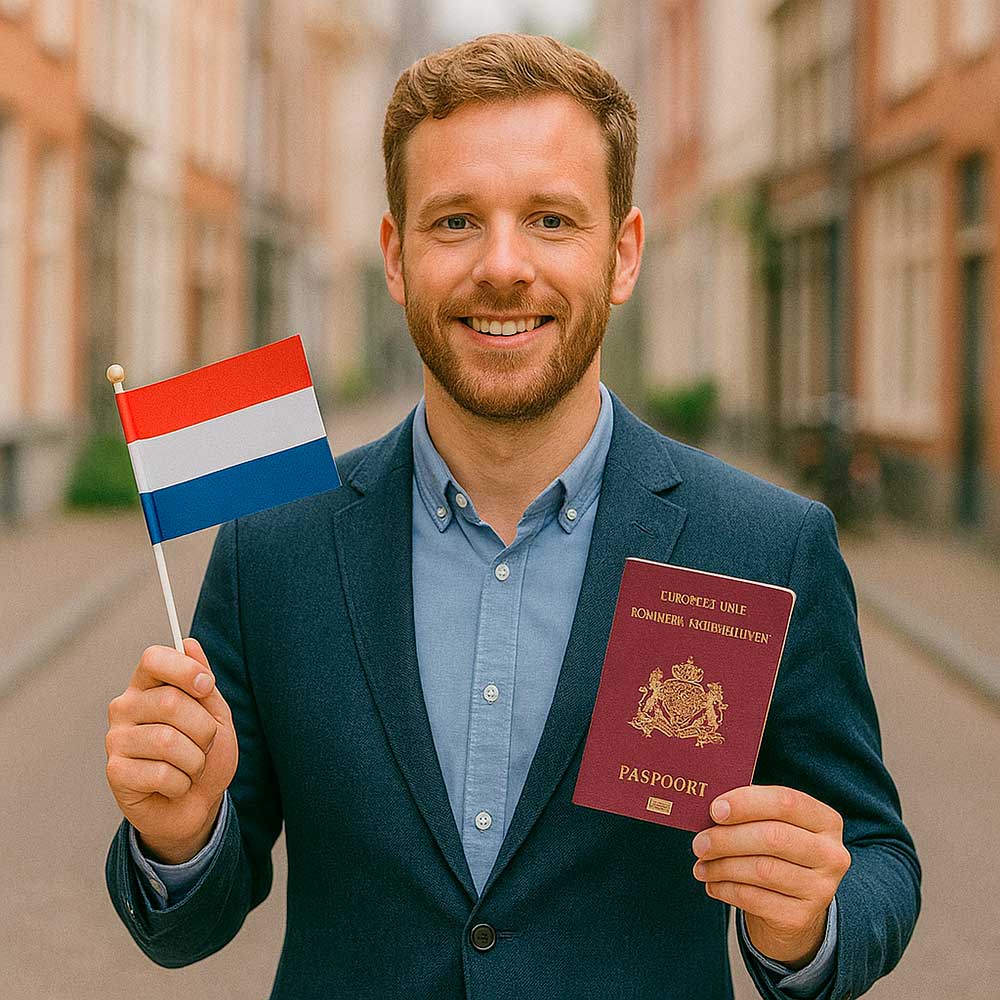
Yes, but with nuances. Residence in the overseas territories of the Kingdom of the Netherlands counts if you have a legal residence permit and have lived there continuously. However, the integration requirements and the exam still have to be taken in the context of the mainland Netherlands. A criminal record in these islands will also be taken into account in the security check.
Yes, but it will affect the decision. The IND checks your background not only against Dutch databases but also against international data. If you have a criminal record abroad – especially a criminal conviction and in the last 4 years – this can be grounds for denial of citizenship. Even if the criminal record has already been expunged, the IND takes into account the “threat to public security”.
Usually, no. The Netherlands automatically revokes citizenship if an adult citizen voluntarily takes another citizenship. However, there are exceptions: for example, if the second citizenship is acquired at birth, through marriage to a foreigner or as a result of naturalization in a certain country (for example, Iceland or Israel). There will also be no deprivation if a person resides in the EU and renews a Dutch passport every 10 years.
Yes, in some cases citizenship can be restored through the procedure of option or re-naturalization. For example, if you were born in the Netherlands, but lost your citizenship due to long-term residence abroad or by taking another citizenship, you can use a simplified procedure – a year of legal residence in the country is enough. But it is important: if you lost your citizenship because you did not renew your passport within 10 years and did not reside in the EU, it will be much more difficult to restore it.
No. A stay on a study visa in the Netherlands is officially considered “time of a temporary nature” and does not count towards the period of residence required to apply for citizenship. In order for the years of study to count, the student must obtain another residence permit (for example, on the basis of employment) after the studies and live with it for at least 5 years – counting from the date of issuance of the “non-temporary” residence permit.
No, the Netherlands does not grant citizenship directly through grandparents. You may only claim Dutch nationality by descent if at least one of your parents was Dutch at the time of your birth.
